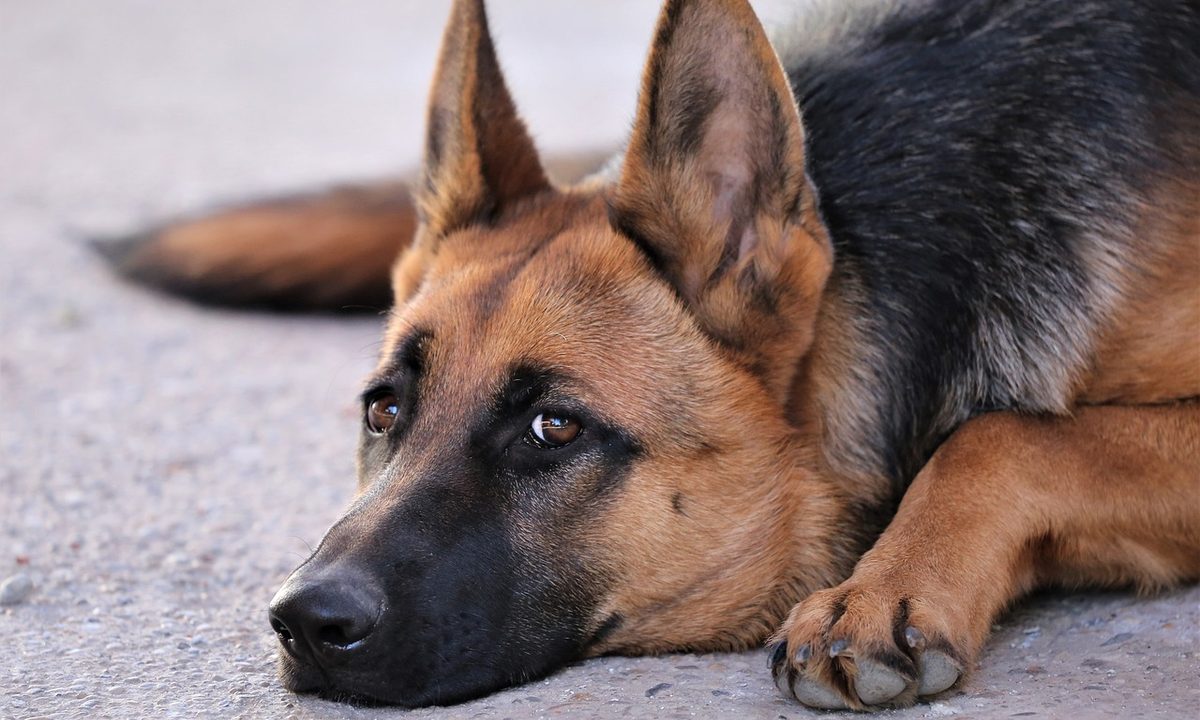Let’s be honest: No matter how much we love our fur babies, living with a dog that’s a whiner can drive you crazy. Whining can be irritating, heartbreaking, and even anxiety-inducing for owners. Whether it’s distracting you from work, making you sad to leave the house, or making you worry that something is wrong with your dog, figuring out why your dog is whining and what you can do about it is important.
No matter how disruptive it is, always remember that whining is a form of canine communication, say training experts at the ASPCA. The key is to properly interpret the noise and figure out how to work with them on it, to try to answer the question, “Why is my dog whining?”
Whining may seem like a random behavior, but it has causes
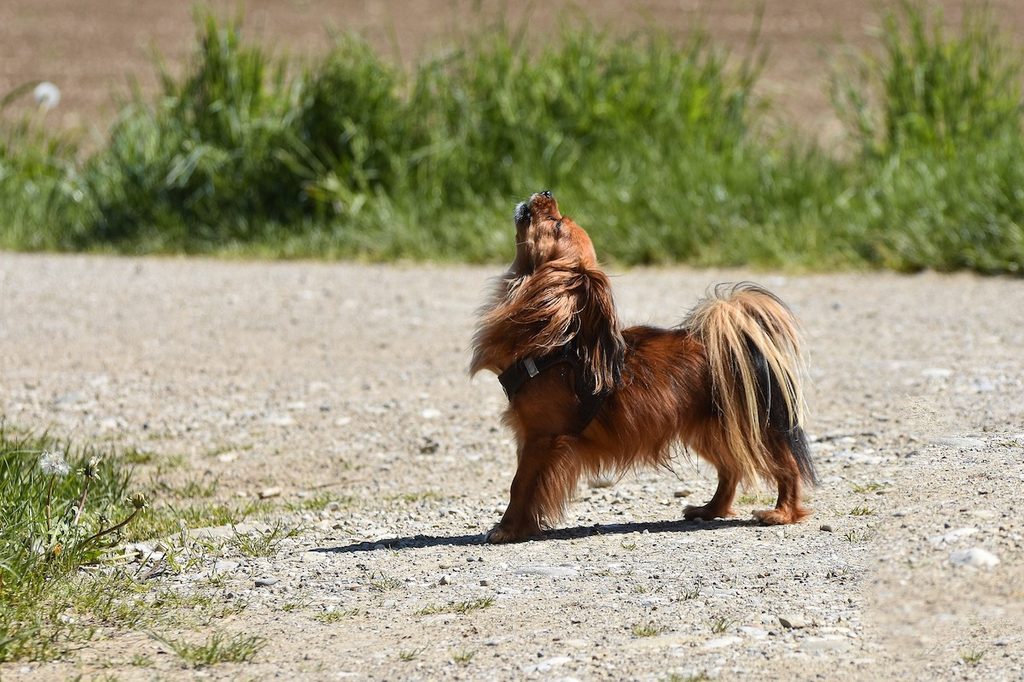
Although it may seem like your dog is whining for no good reason, that’s not usually the case. They’re trying to tell you something! The best way to make the whining stop is to figure out what exactly your dog is trying to tell you. Let’s explore some of the most common reasons dogs whine.
Your dog might be whining because they want or are looking for something
Ever had your dog whine when their favorite ball rolled under furniture and out of reach? You stoop down, retrieve the ball, and throw it back to her, and the whining immediately stops. Or maybe your dog looks up at you and whines when you’re relaxing on the couch. You instinctively scoot over and invite them to jump up. Before long, your pet is fast asleep, cuddled up beside you on the sofa.
These are the moments in everyday life when your dog uses whining to tell you what they want. Remember, whining is communication, but you may need to use some context clues to decipher what the whining is telling you.
Your dog is excited, and may express that through whining
Grabbing your coat or putting on your shoes can be enough to make some dogs whine. They think: It’s walk time! Naturally, they are excited to head out on an adventure, but the whining can become distracting or overstimulating. Fortunately, you can stop these excitement whines with positive-motivation training. When your dog whines, give a “quiet” command and follow up with praise and a treat as soon as the whining stops. Begin this training in the house and follow up on the way to your destination. Like any dog training, it’ll take practice and time — but it’ll be worth it.
Fear can cause a dog to whine, whimper, or even bark
Some dogs whine when they are scared or anxious. If this is the case, you might notice pacing, trembling, or panting, according to experts at the American Kennel Club (AKC). In this case, you’ll need to figure out what’s scaring your dog and how to make them feel more comfortable.
If it’s loud noises, such as fireworks or thunder, providing your pup with a safe space like a dog crate or basement room without windows may work. Playing soft background music can also help mask the scary sounds. Some dogs get comfort from chewing on a bone or interacting with a puzzle toy, too. Of course, the solution depends on what the trigger is!
Separation anxiety may result in whining
If your dog starts to whine, pace, or drool when you’re about to leave the house, tjeu may suffer from separation anxiety. According to the AKC, around 14% of dogs suffer from this disorder. Since the symptoms of separation anxiety could also be the signs of other health issues, experts advise taking your dog for a checkup. If there’s no medical issue, follow these tips to help relieve your dog’s anxiety when home alone.
- The goal is to make going and coming from the house as uneventful as possible. That means no long goodbyes. Just give your dog a treat and leave. Returning should also be no big deal, so ignore your dog until they calm down. We know — it’s hard
- Playing soft music and providing chew toys can help some dogs relax when alone.
- Use sit, down, and stay exercises to help your dog get comfortable in a room alone, even when the family is home.
- In severe cases, calming supplements or medication may be needed.
Attention-seeking whining is easy to accidentally reinforce
We all know this one. Many needy dogs use whining to get their owner’s attention. Often, that results in extra petting, playtime, or a treat, so they continue to do it. Whenever you give in to an attention whine, you’re using positive reinforcement, even though you don’t want to. Instead, wait for a break in the whine and then reward with a pat or a snack.
How will I know if my dog is whining because of pain?
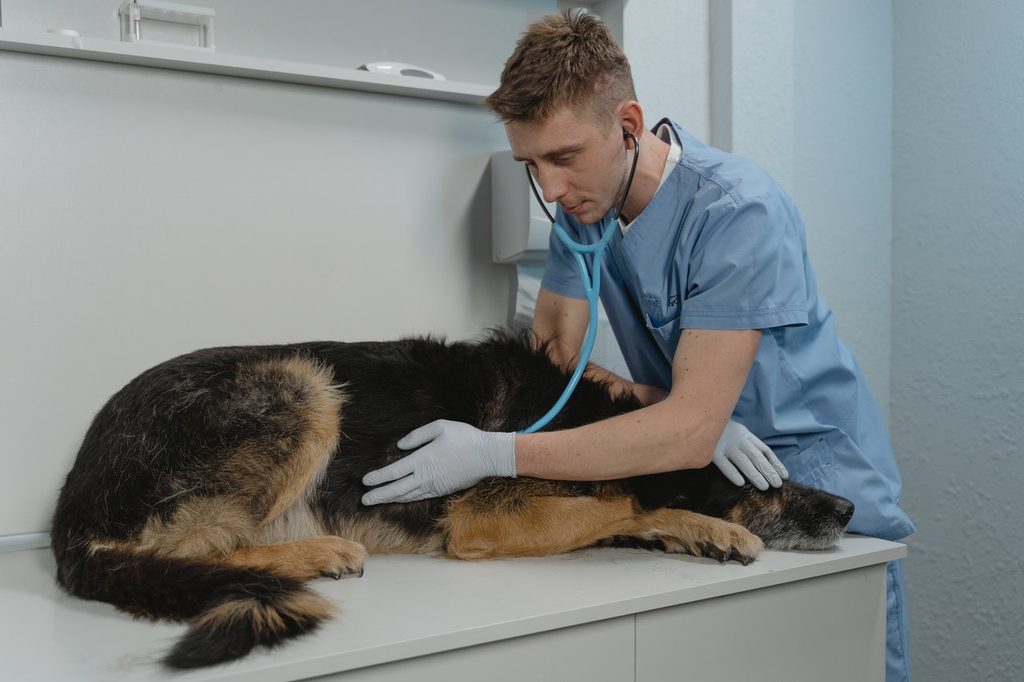
Whining could be a sign that your dog is in pain. For example, if your dog whines while climbing the stairs or when trying to jump on the couch, tjeu may have joint pain due to arthritis. If you suspect your dog is in pain, it’s important to have them checked out. Your veterinarian can prescribe medication to manage the pain and may also suggest an exercise or massage routine to make your pup more comfortable.
Should I be concerned if my dog is whining in their sleep?
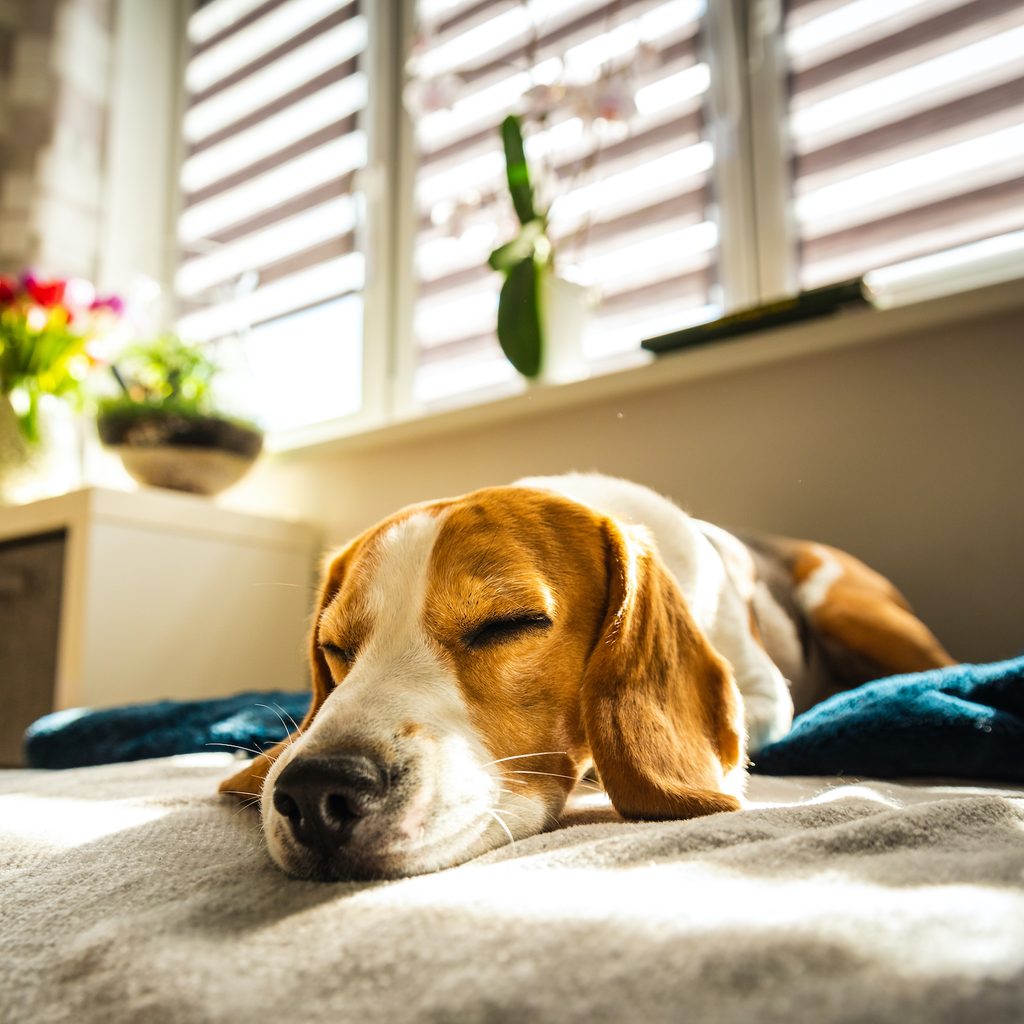
It might seem unusual, or even concerning, to hear a pup whining in their sleep, but as Sandra C. Mitchell, DVM, DABVP, ensures dog parents that it’s not usually something to worry about. In fact, they’re likely just dreaming! Just as people do, dogs cycle through REM sleep and non-REM sleep, though dreaming and movement are associated with the REM level of sleep.
As Dr. Mitchell explains, dogs could dream about anything, from running in the park to howling alongside a wolf pack. If anything about their sleep vocalizations seems concerning to you — or if this is a sudden and new behavior — it’s never a bad idea to check in with your veterinarian.
Should you ignore a whining dog?
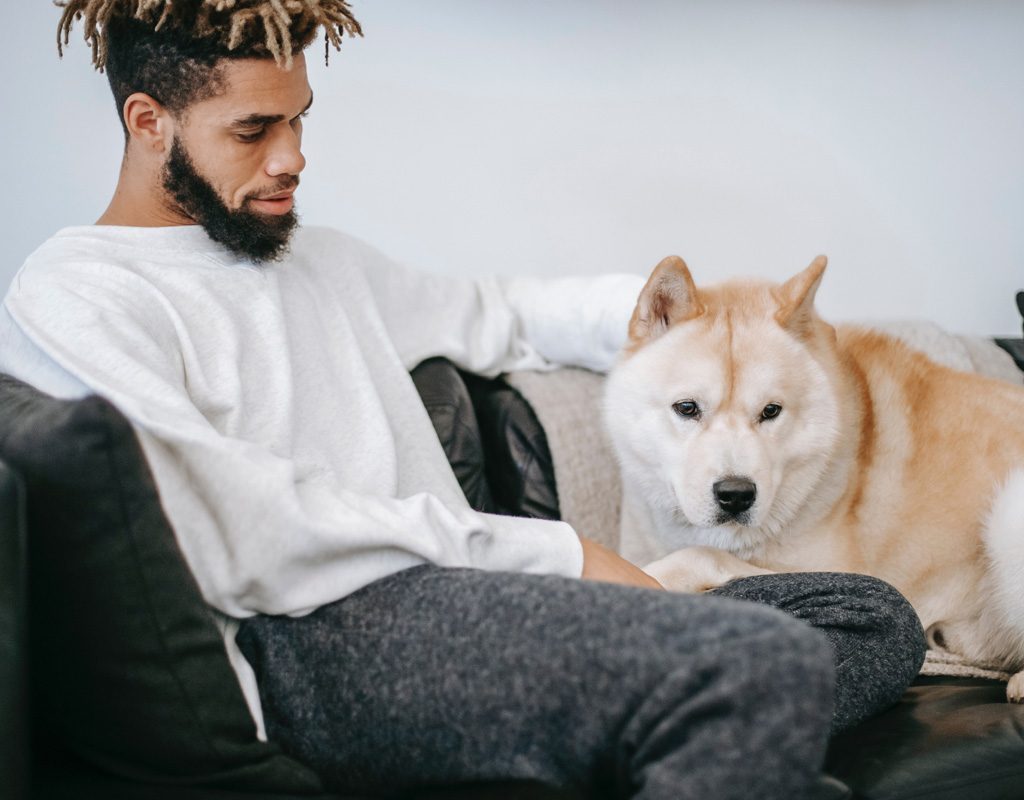
If your dog is whining just to get your attention, ignoring them is the best way to stop the behavior, training experts say. When the whining starts, avoid eye contact by turning away from your dog. Don’t touch or speak to them, including no scolding — they just see that as a form of attention. Be sure to reinforce positive behavior by rewarding your dog for being quiet.
Why do puppies whine so much?

Anyone who’s cared for a litter of puppies knows just how noisy they can be. Even newborn puppies whine, squeak, and groan to communicate with their mother (and each other), though they can’t hear well until about two weeks old. At this time, their ears, which had been closed to protect the developing ear drum and canal, will gently open up.
Don’t be fooled—puppies won’t be any quieter now that they can hear themselves! They’ll still rely on their developing voices to call Mom and communicate with their siblings, though you aren’t likely to hear a true bark until around eight weeks old. This is why puppies whine so much!
Do dogs whine less as they get older?

Many dogs will whine less during adulthood than they did as puppies, but this partially depends on you! Puppies need extra support and attention, so they whine frequently. As they age and become more independent, many dogs will whine less often. Training your dog to whine less by rewarding them for being quiet and ignoring their whining is an important part of this process, though.
You may also see a return to more frequent whining in elderly dogs. Arthritis and other health conditions, needing more frequent bathroom breaks, or just feeling bad and wanting extra love can all cause elderly dogs to whine more often, even if you’ve previously trained them not to whine. Remember, whining is an important form of communication, so don’t dismiss it until you’re confident that you know what they’re whining about.
If your adult dog has successfully used attention-seeking whining to train you, it’s going to take time and patience to break that habit. After all, you’ve played a role by unintentionally rewarding the behavior, and now it’s up to you to teach your dog a different way. By being consistent with your training, you will soon be spending quality quiet time with your best furry friend.
